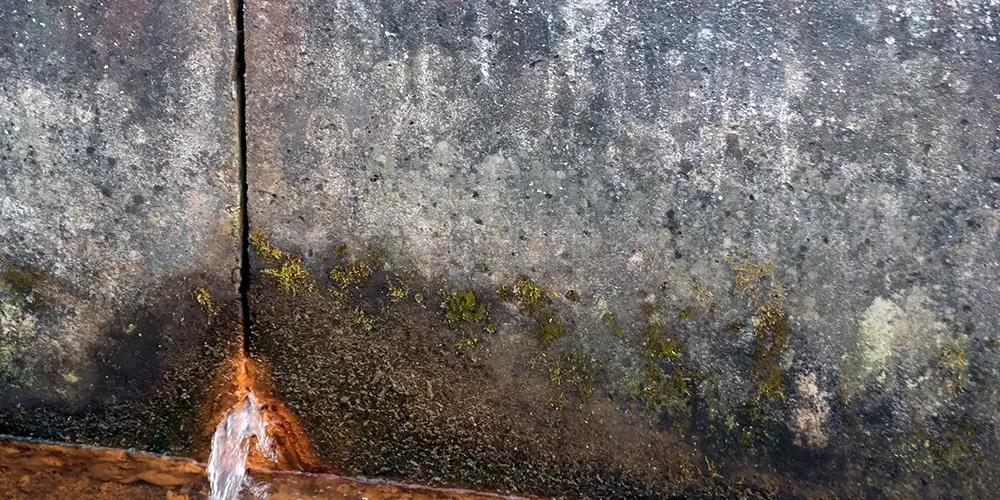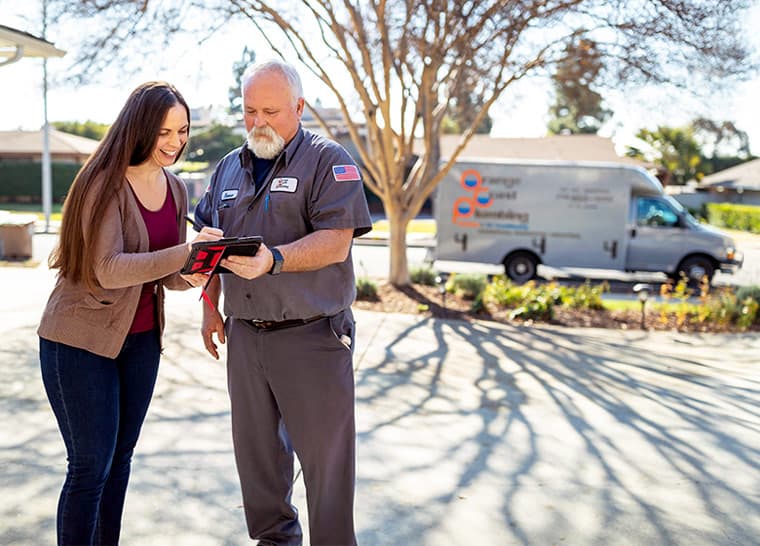If you’ve never heard of a slab leak, join millions of American homeowners.
They’re relatively uncommon but especially devastating. Your first experience with a slab leak may be to return to a flooded and ruined home. Yes, they can go from drip to deluge that fast, and they can be that catastrophic.
What Is a Slab Leak?
A slab leak is a “foundation leak.” It starts in the pipes in the foundation of your home, in or under the concrete “slab.”
This makes a slab leak especially difficult to detect and potentially expensive to repair. Newer plumbing techniques like cure-in-place and trenchless repair are cheaper than digging up your foundation, but if a leak has progressed too far, repiping may be the only option.
Flooding? Often due to a pinhole slab leak and eventual burst pipe.
Mold in walls? Usually the result of a slab leak close to drywall.
Early detection is critical. But did you know that many slab leaks are avoidable? How you treat your pipes has a lot to do with their condition. Vigilance, awareness, and regular inspections of your plumbing can prevent a slab leak from turning your life upside down.
Most slab leaks are caused by corrosion or a foundation shift — earthquake, heavy vibrations, or settling soil. Slab leaks in pristine pipes are rarer than sightings of the Yeti.
You can’t do much about the shifting foundation of your property, but there’s a lot you can do about pipe corrosion, including hiring a plumber for trenchless repair. It’s expensive but a drop in the bucket compared to a ruined foundation and runaway mold problem.
6 Ways to Prevent a Slab Leak
1. Turn Down the Water Pressure
Do you hear a loud clunking when you turn the tap on or off? This means your water pressure is too high, and your pipes get shocked whenever you turn on the water, placing wear and tear on them.
Frequent shocks will erode corrosion-protective layers on your lines.
The good news? You can adjust the water pressure gauge in your home to lower the water pressure.
Also, consider installing a water pressure regulator on all incoming lines.
2. Insulate Your Pipes
Poorly insulated pipes under or around your slab may “sweat,” a phenomenon that eventually wears away corrosion-protective layers.
If you notice dampness, moisture, or rust near your pipes, hire a plumber to inspect and insulate them.
3. Control the pH of Your Water
Hardware stores and online retailers sell inexpensive pH testing kits. Every homeowner should invest in one and use it regularly.
The ideal pH for water is neutral, which is “7” on the scale.
Anything lower is acidic; anything higher is alkaline. Both are a problem for plumbing, and the further they move from the magical number 7, the bigger the problem.
Alkaline water eats away metal pipes; acidic water corrodes them.
A professional plumber can install a water conditioner to help stabilize the pH.
4. Reduce Your Water Hardness
Water hardness or softness refers to the mineral content in your water.
Hard water has more mineral volume; soft water has less. You’ll want a balance.
Water that’s too hard or soft can corrode pipes and even contaminate your drinking water with metal deposits.
Orange County, like most of California, is notorious for hard water. A certified plumber can recommend a course of action and, if needed, install a water softener to bring your mineral levels into balance.
5. Schedule Regular Plumbing Inspections
Plumbers have special tools and equipment to detect corrosion and other problems inside your pipes.
Infrared cameras, probes, magnetometers, and acoustic devices are the most common tools to detect pipe damage.
Schedule an inspection every couple of years or more often if you think you might have a slab leak or other plumbing issue.
A tiny pinhole leak can grow into a torrent in minutes. And early intervention is much cheaper than cleaning up after a flood.
6. Install a Water Leak Detector with Smart Shut Off
Of all the ways to prevent a slab leak, an inline water detector is the newest, the coolest, and the most reliable.
This smart device learns your patterns and behavior, monitors water use, and shuts down the water system when it senses a problem. It can detect even the tiniest pinhole leaks!
And if you’re wondering Orange Cost Plumbing installs these babies — yes, we do.


